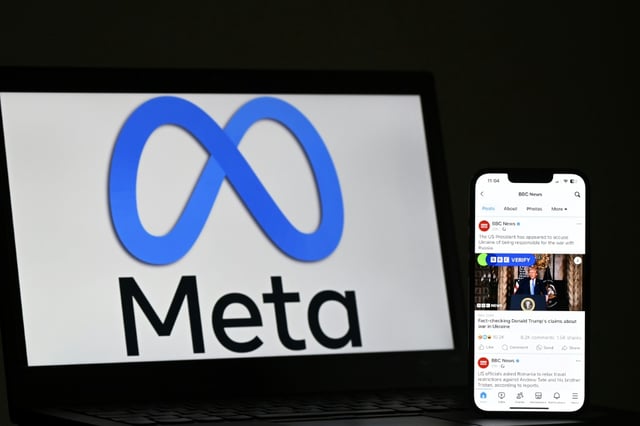Overview
- Ninety-two percent of surveyed users reported feeling less protected from exposure to harmful content since Meta dropped third-party fact-checking.
- The January policies rolled back proactive hate-speech enforcement and introduced exceptions that allow anti-LGBTQ attacks and other targeted harassment.
- One in six respondents experienced gender-based or sexual violence online, and 66 percent witnessed hate content in their social feeds.
- Meta’s own quarterly report from January to April shows no significant rise in violating content, a finding that conflicts with widespread user testimony.
- GLAAD, UltraViolet and All Out are urging Meta to commission an independent review and restore third-party fact-checking along with robust hate-speech safeguards.



